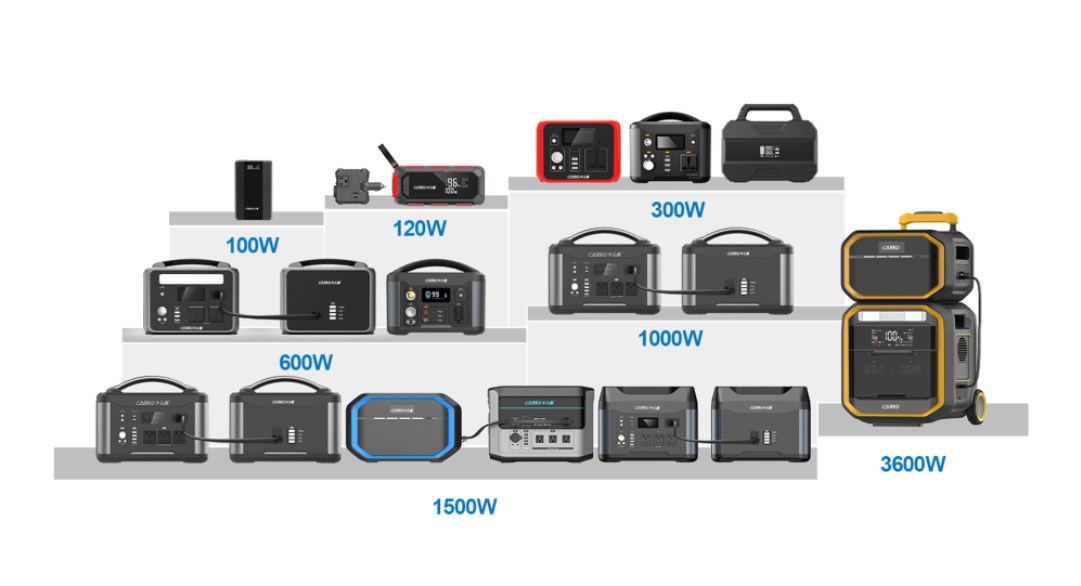In recent years, the concept of smart homes has gained significant traction, revolutionizing the way we interact with our living spaces. With the integration of advanced technologies and automation, smart homes offer convenience, energy efficiency, and enhanced security. However, the question remains: is investing in smart home technology a profitable venture? In this blog post, we will delve into the various aspects of smart homes and explore their potential for generating substantial returns on investment.
- Cost Savings through Energy Efficiency:
One of the primary advantages of smart homes is their ability to optimize energy consumption. Smart thermostats, lighting systems, and appliances can be programmed to operate efficiently, resulting in reduced energy bills. According to a study by the American Council for an Energy-Efficient Economy, homeowners can save up to 23% on their energy costs by adopting smart home technologies. This significant cost-saving potential makes smart homes an attractive investment option. - Increased Property Value:
Smart home features have become a desirable selling point in the real estate market. Homebuyers are increasingly seeking properties equipped with smart technology, willing to pay a premium for the added convenience and security. A survey conducted by Coldwell Banker Real Estate revealed that 81% of homebuyers consider smart home features as a crucial factor in their purchasing decision. By integrating smart home technology, homeowners can enhance their property's value and potentially yield higher returns when selling. - Enhanced Security and Safety:
Smart home security systems offer advanced features such as remote monitoring, motion detection, and automated alerts. These capabilities provide homeowners with peace of mind and a heightened sense of security. Insurance companies often offer discounts on home insurance premiums for properties equipped with smart security systems, further adding to the potential profitability of smart homes. - Remote Access and Convenience:
Smart home automation allows homeowners to control various aspects of their homes remotely. From adjusting the temperature to managing appliances and even monitoring surveillance cameras, the convenience offered by smart homes is unparalleled. This remote access feature appeals to busy professionals and frequent travelers, making smart homes an attractive investment for individuals seeking a seamless and connected lifestyle. - Data Monetization Opportunities:
Smart home devices generate vast amounts of data regarding energy usage, occupancy patterns, and user preferences. This data can be leveraged by companies to gain valuable insights into consumer behavior and develop targeted products and services. By anonymizing and aggregating this data, homeowners can explore partnerships with companies interested in market research, creating additional revenue streams.
Conclusion:
The profitability of smart homes extends beyond the initial investment. With cost savings through energy efficiency, increased property value, enhanced security, convenience, and potential data monetization opportunities, smart homes offer a compelling case for long-term financial gains. As technology continues to advance and consumer demand grows, investing in smart home technology can prove to be a lucrative decision for homeowners and real estate developers alike.

